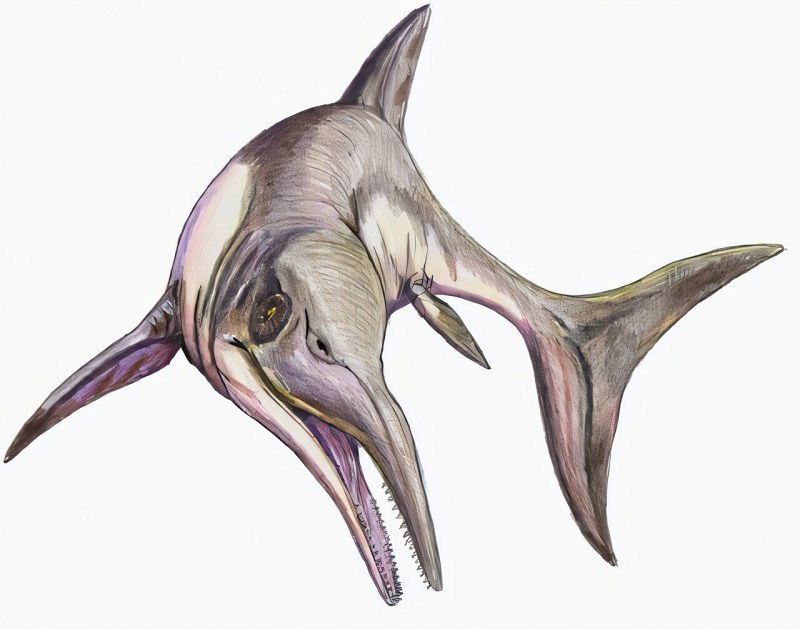
A study led by UCLA Health Jonsson Comprehensive Cancer Center suggests that simple dietary changes could play a role in slowing the growth of prostate cancer in men undergoing active surveillance. This approach involves closely monitoring early-stage cancer without immediate treatment.
Published in the Journal of Clinical Oncology, the findings reveal that a diet low in omega-6 fats, high in omega-3 fats, and supplemented with fish oil may reduce cancer cell growth rates.
Dr. William Aronson, a Professor of Urology at UCLA and the study’s lead author, highlights the potential impact of diet on managing prostate cancer. “Our findings suggest that adjusting your diet could slow cancer growth and potentially delay the need for more aggressive treatments,” Aronson said.
Many men with low-risk prostate cancer opt for active surveillance rather than surgery or radiation. However, about half of these men require treatment within five years. This has led to growing interest in lifestyle changes, like dietary adjustments, to delay progression.
The study, named CAPFISH-3, involved 100 men with low-risk or favorable intermediate-risk prostate cancer. Participants were randomly assigned to either continue their normal diet or follow a tailored diet low in omega-6 fats and high in omega-3 fats, supplemented with fish oil, for one year.
Those in the dietary intervention group received personalized counseling from dietitians. The focus was on reducing high-fat, high-calorie foods and replacing omega-6-rich items—like chips, cookies, and fried foods—with healthier alternatives, such as olive oil or vinegar for salads.
Participants also took fish oil capsules to boost their omega-3 intake. The control group made no dietary changes and did not take supplements.
To track the effects, researchers measured the Ki-67 index, a biomarker that shows how quickly cancer cells are multiplying. Biopsies were taken at the start and end of the study using advanced imaging to ensure precise cancer site tracking.
The results were promising. Men on the omega-3-rich diet experienced a 15% decrease in the Ki-67 index, while the control group saw a 24% increase. This suggests that dietary changes might slow cancer growth, potentially delaying or even avoiding the need for aggressive treatment.
While the Ki-67 findings were significant, no differences were observed in other cancer progression markers, such as the Gleason grade. This indicates that more research is needed to fully understand the long-term benefits of such dietary interventions.
The study offers hope for men looking for non-invasive ways to manage prostate cancer. However, the researchers caution that larger, long-term studies are necessary to confirm the effects of omega-3 and omega-6 balance on cancer progression and survival rates.
For now, the findings support the idea that diet can influence cancer outcomes. Adjusting food choices, combined with expert guidance, may empower patients to take an active role in managing their health during active surveillance.
While not a substitute for medical treatment, dietary changes could become a valuable tool in the fight against prostate cancer.
If you care about prostate cancer, please read studies about 5 types of bacteria linked to aggressive prostate cancer, and new strategy to treat advanced prostate cancer.
For more information about prostate cancer, please see recent studies about new way to lower risk of prostate cancer spread, and results showing three-drug combo boosts survival in metastatic prostate cancer.
The research findings can be found in Journal of Clinical Oncology.
Copyright © 2025 Knowridge Science Report. All rights reserved.








Leave a Comment